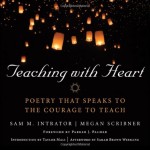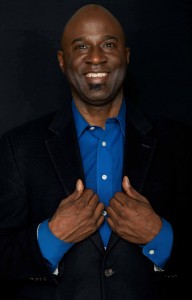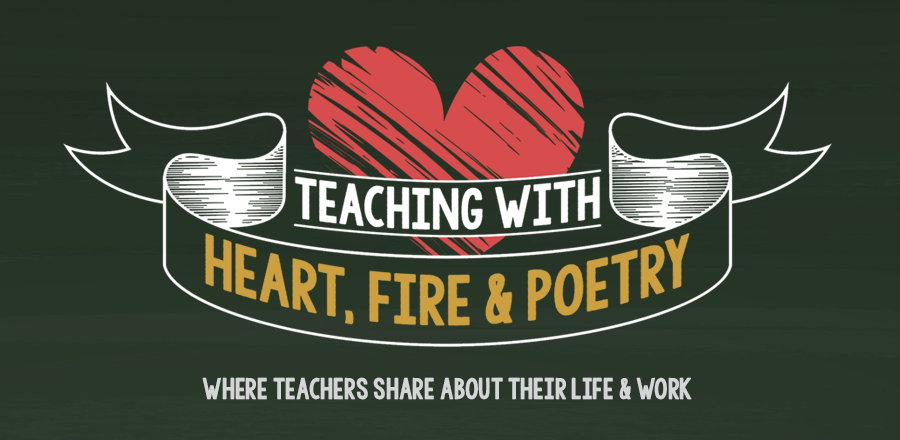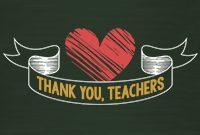 Poems that teachers love
Poems that teachers love
The “Teaching with Heart, Fire & Poetry” website takes its inspiration, approach and focus from Teaching with Heart, Leading from Within, and Teaching with Fire. In these books, teachers and other leaders, through their reflections on poetry, speak about who they are, why they do what they do, and how they keep their heart engaged in their work.
The website was launched after all three poetry books were published, so we’d like to use #ThrowbackThursdays as a way to share the books with you. On Thursdays, we will post teacher’s reflections on poetry and other excerpts from each of the books. We’ll also post reviews and blog posts that give a flavor of the books and offer new ways of seeing and using poetry.
In keeping with National Poetry Month, here’s Samuel Reed’s review of Teaching with Heart: Poems that teachers love from thenotebook (Philadelphia Public School). Here’s an excerpt:
When I asked Melville about her contribution to the collection and her choice of “Wild Geese,” she said, “Writing this short piece helped me affirm why teaching matters, why I do it even when tough days seem to outnumber the good ones. The poem helps remind me that teaching is very human work, even though schools can sometimes be dehumanizing places.”
Poems that teachers love
— Samuel Reed III
April is National Poetry Month, but after reading the contributions of 90 teachers and educational thought leaders in the anthology Teaching with Heart: Poetry that Speaks to the Courage to Teach, I think every month should be National Poetry Month.
This collection, edited by Sam M. Intrator and Megan Scribner, celebrates the “magic and messiness” of teaching. A sequel to Teaching with Fire, published over 10 years ago, Teaching with Heart provides stories, reflections, and poems that, at their core, marry the muse from treasured poets like Emily Dickinson, Langston Hughes, and Maya Angelou with the voices of novice and seasoned educators. The words that flow on the pages will inspire and sustain teachers and lovers of language and stories.
Parker J. Palmer, the founder and senior partner of the Center for Courage and Renewal, notes in the foreword that “Teaching with Heart is full of good news about our schools.” This good news comes from educators that you may follow on Twitter, like Kevin Hodgson, April Niemela, Stephen Lazar, and Jose Vilson. You may also be please to read about local rockstar teachers in Philadelphia: Kathleen Melville of Teachers Lead Philly and Mary Beth Hertz of Edcamp, who also contribute their reflections.
Hodgson, an amazing 6th-grade teacher and tech liaison with the Western Massachusetts Writing Project, muses on the work of spoken word artist and former teacher Taylor Mali’s poem, “What a Teacher Makes.” Mali also provides an introduction to the collection.
Hodgson was asked once during a card game what it’s like to be a public school teacher, with an emphasis on “public.” Luckily, he did not snap, like Mali does in his poem. Because he had read and internalized Mali’s poem, he was able to clearly articulate the impact teachers have on young people. Hodgson, like countless teachers, rolls up his sleeves to positively change the lives of students every single day.
In the age when education has become so much about “big data,” Teaching with Heart presents its own data points. The book is organized around such themes as the tenacity and hard work required to teach, along with the beauty of ordinary moments in the classroom. The editors mined through voluminous submissions of teachers’ favorite poems, accompanied by brief personal stories. These 90 powerful companion pieces represent the narratives and courage of the three million teachers who make all the difference in the world.
The contributors of Teaching with Heart use poems to speak their own truths — about what attracts teachers to the profession and what sustains them.
Vilson, an educator, activist, blogger, and author of the new book This Is Not a Test, shares his truth through the poem “A Rose That Grew from Concrete,” by Tupac Shakur, which I often use in my classroom.
Hertz uses Maya Angelou’s seminal poem “Still I Rise,” which embodies the struggles and triumphs of working at a “persistently failing ” elementary school in West Philadelphia.
Teachers also found truth in tragedies. Kaitlin Roig, an elementary teacher at Sandy Hook Elementary, had her world turned upside down. She returned to her favorite childhood poem, “The Road Not Taken” by Robert Frost, to give her the power to guide and motivate her students to find paths that offer promise in the midst of disaster.
Melville finds her truth in the poem “Wild Geese,” by Mary Oliver. Through this poem, Melville learns to let go of the guilt of trying to be a perfect teacher and inspires her students to connect beyond the walls of the classroom.
When I asked Melville about her contribution to the collection and her choice of “Wild Geese,” she said, “Writing this short piece helped me affirm why teaching matters, why I do it even when tough days seem to outnumber the good ones. The poem helps remind me that teaching is very human work, even though schools can sometimes be dehumanizing places.”
 Samuel Reed III
Samuel Reed III
Samuel Reed III is a teacher, blogger, and social entrepreneur. His passions include arts in education, media literacy and understanding youth culture. He currently teaches at the U School in Philadelphia and is a regular blog correspondent with the Philadelphia Public School Notebook. He is a 2014 BME Leader Awardee and has developed and runs BoysWriteNow, and GirlsonFire programs that engage boys and girls in art and writing. Reed’s work has been published by Heinemann Digital Campus, the University of Pennsylvania GSE Perspective of Urban Education and the Journal On Common Ground by the Yale National Initiative.




Leave a Comment